In 2009, when St Jude’s opened up applications for some extra spaces available in our secondary school, a teenage girl from the Maasai tribe in the nearby village of Olkokola applied.
The Maasai are among the best known ethnic groups in Africa. They live near the great national parks of Northern Tanzania and Southern Kenya, and wear colorful clothing and jewelry.
You know you’re on Maasai land when you see their bomas, circles of oval mud-and-stick huts, from afar. The Maasai are seminomadic cattle herders and warriors for whom Swahili is a second language.
Evaline displayed that good warrior spirit when she came to us, carrying a report card with excellent grades and the dream to pursue the kind of education that would allow her to have a professional career.
At St Jude we are determined to help Evaline fulfill her dream.
We are very aware that in order to succeed in this task, our role needs to go beyond excellent teaching, great learning resouces, books and desks and nutritious meals. Those are all extremely important components of a good education, the hardware, and we provide them.
But when you work with children, especially those coming from poor families, such as Evaline, you also have to help them develop that subtle internal software that gives them the self-belief to aim high.
Children living in poverty sometimes lack the self-confidence to accept that they belong anywhere other than in poverty.
That is especially challenging, given that aspiration, self-belief and high self-esteem are key changers for the outcomes for young people.
As the American economist Bruce Wydick put so well, “poverty causes children to have very low self-esteem, low aspirations.” He also tells us that it is possible to break this cycle of self doubt passed on from generation to generation.
Wydick led a study showing that sponsored students tend to fare much better than non-sponsored ones. In his own words:
The big difference that sponsorship makes is that it expands children's views about their own possibilities. Many of these children don't think they are capable of much. We help them realize that they are each given special gifts from God to benefit their communities, and we try to help them develop aspirations for their future.
As I settle in my role as School Director, I am very encouraged to find every sign that St Jude’s is helping our students develop both hard and soft skills for life. It is wonderful to hear Evaline and her classmates speak of their professional aspirations. Our secondary students tell us they want to become engineers, doctors, business executives, journalists, and a number of other professions.
I am convinced that an important part of the mission for all leaders at St Jude’s is to guide our teams so that they encourage students to have faith in their abilities and to reach for the sky.
At St Jude’s, Evaline has discovered her immense passion for medicine. We will help her strengthen the soft skills of self confidence and hope so that she fulfills her dream to become a doctor and give back to her Maasai community and her country.

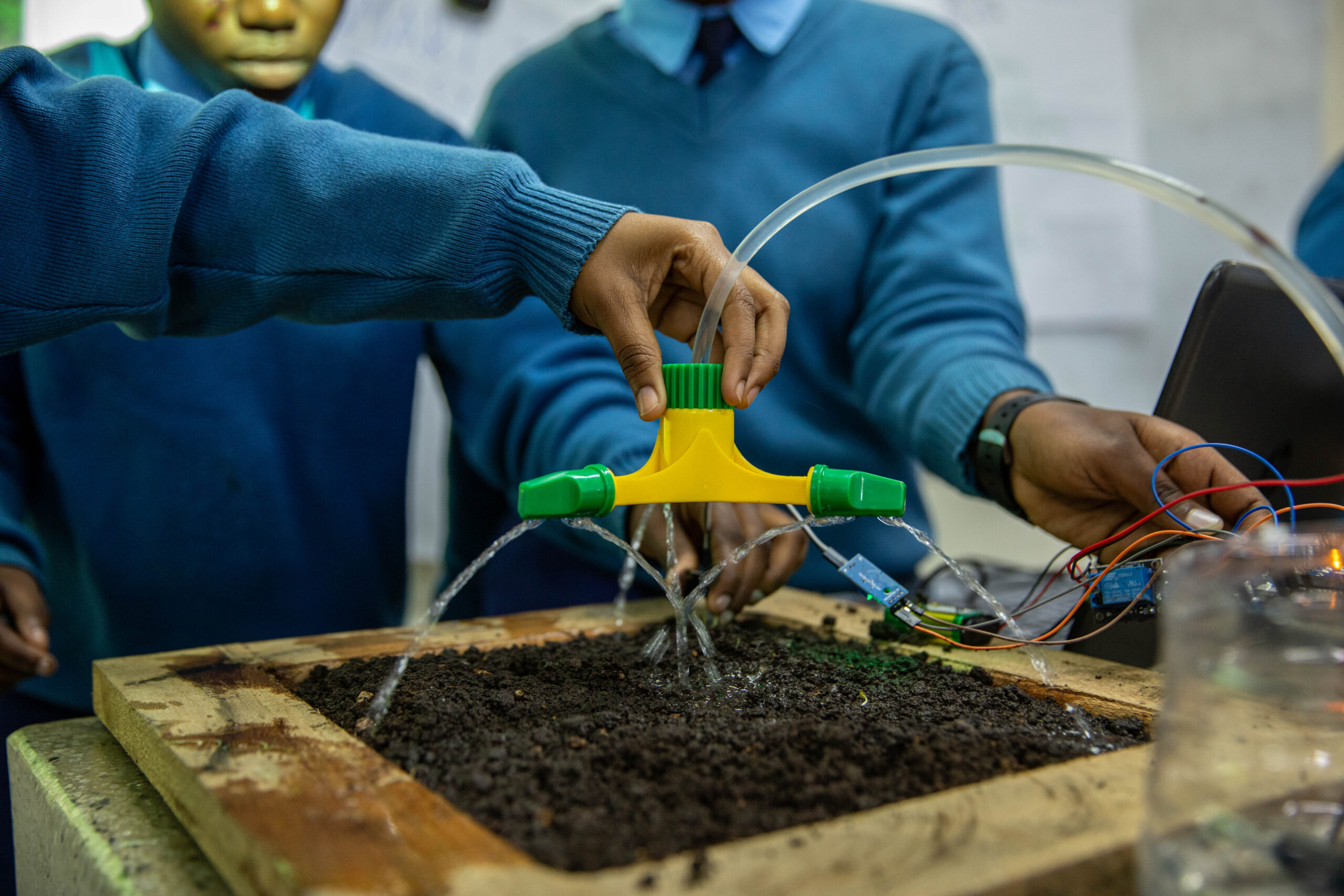
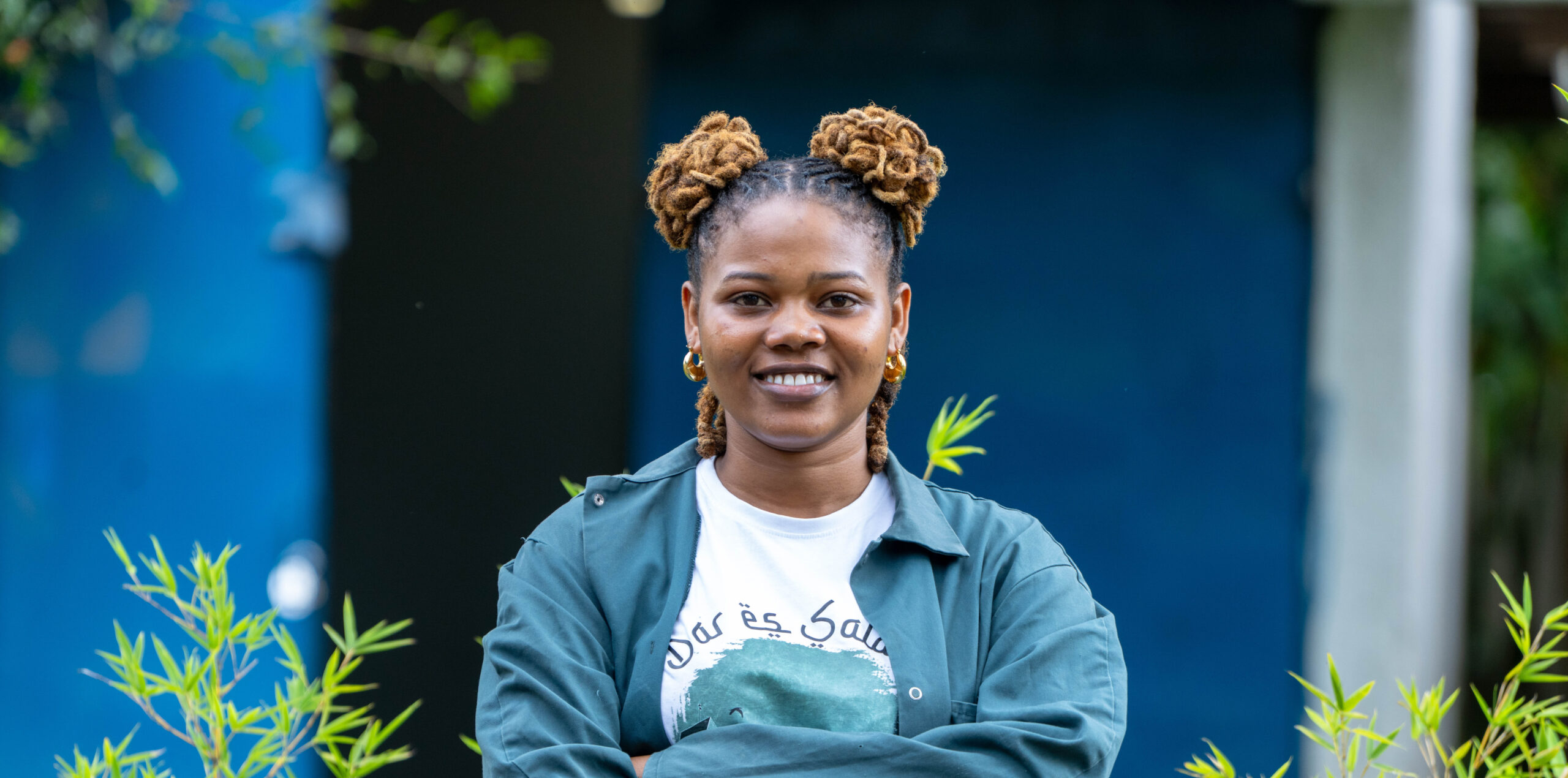
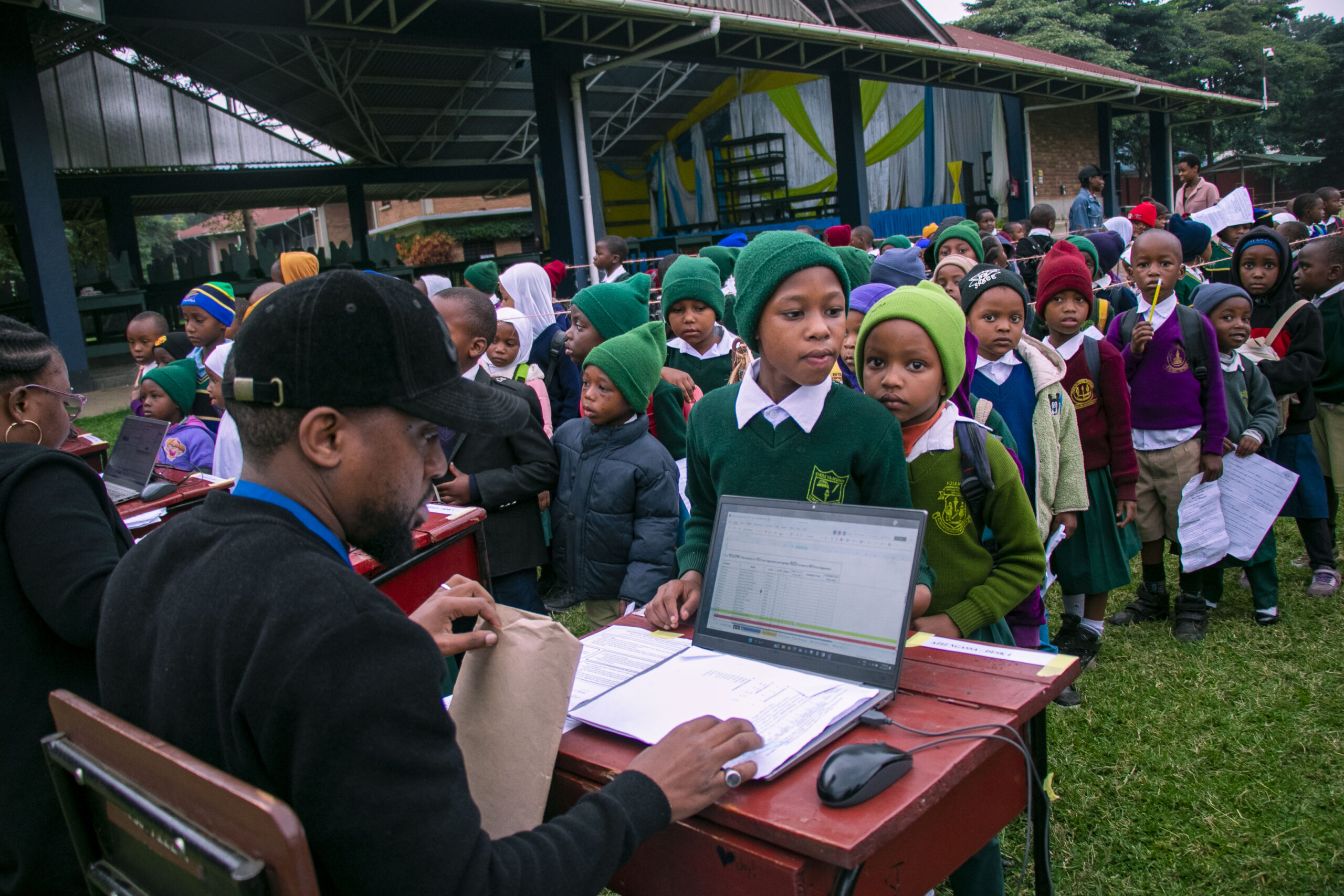
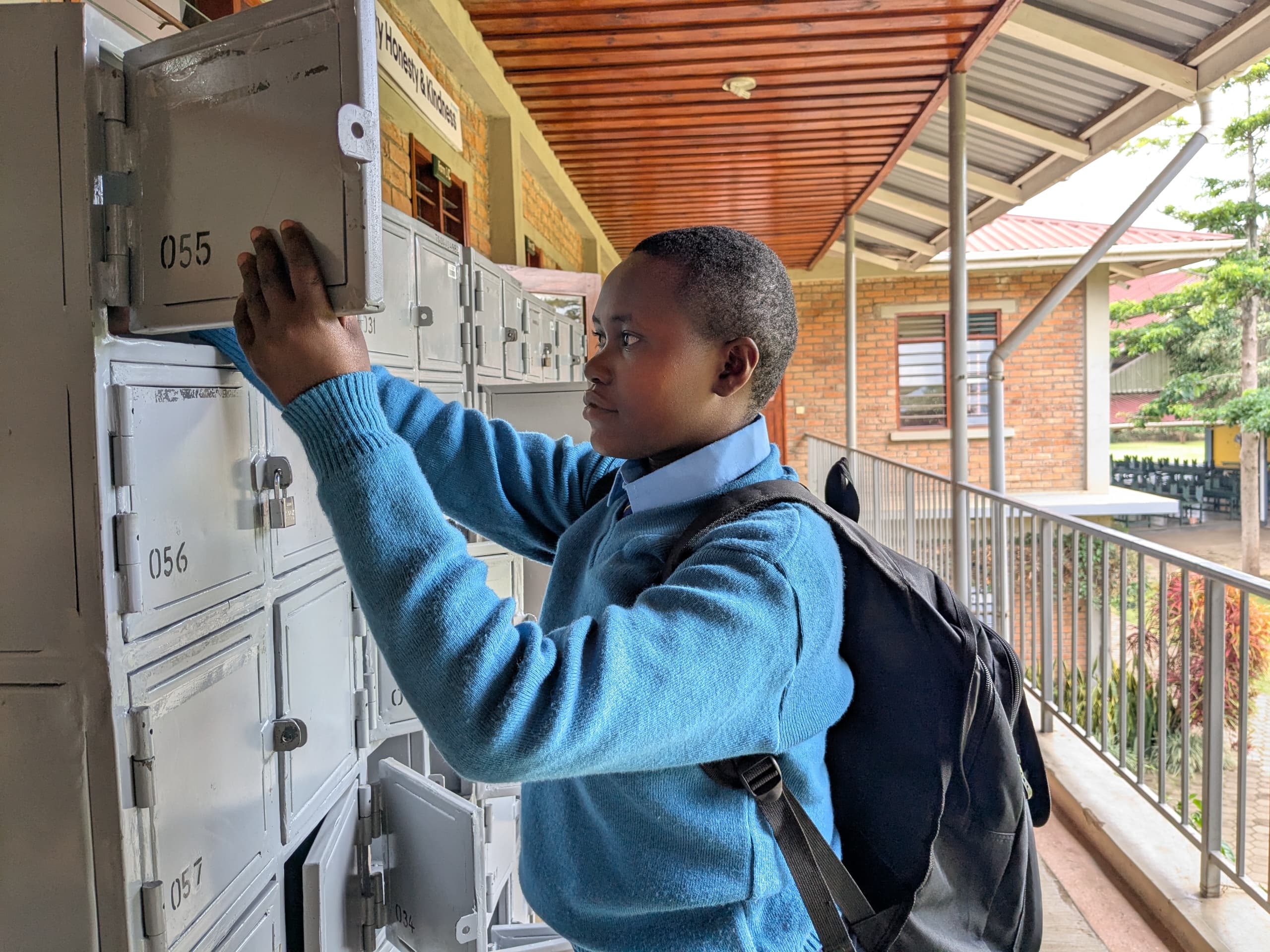

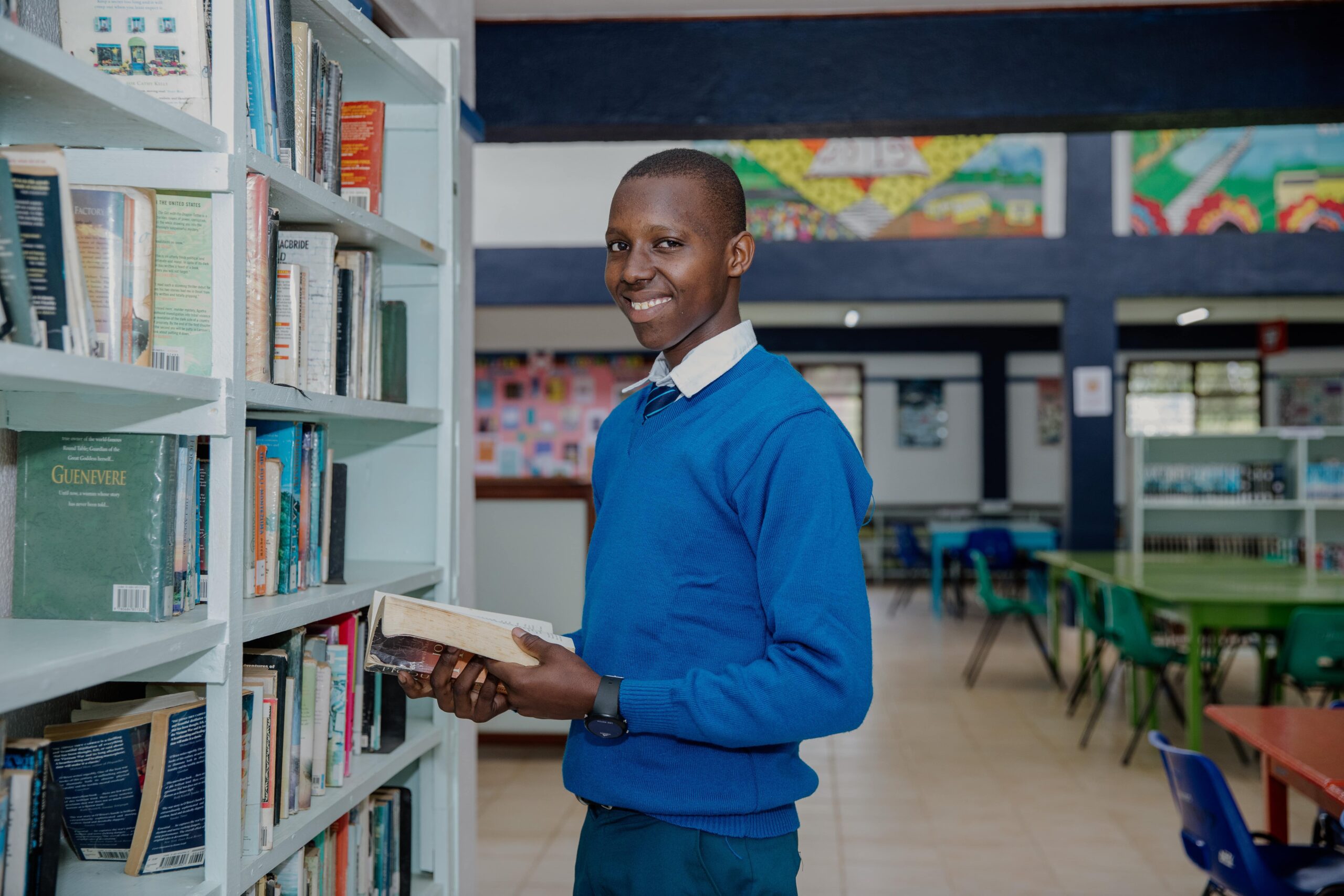
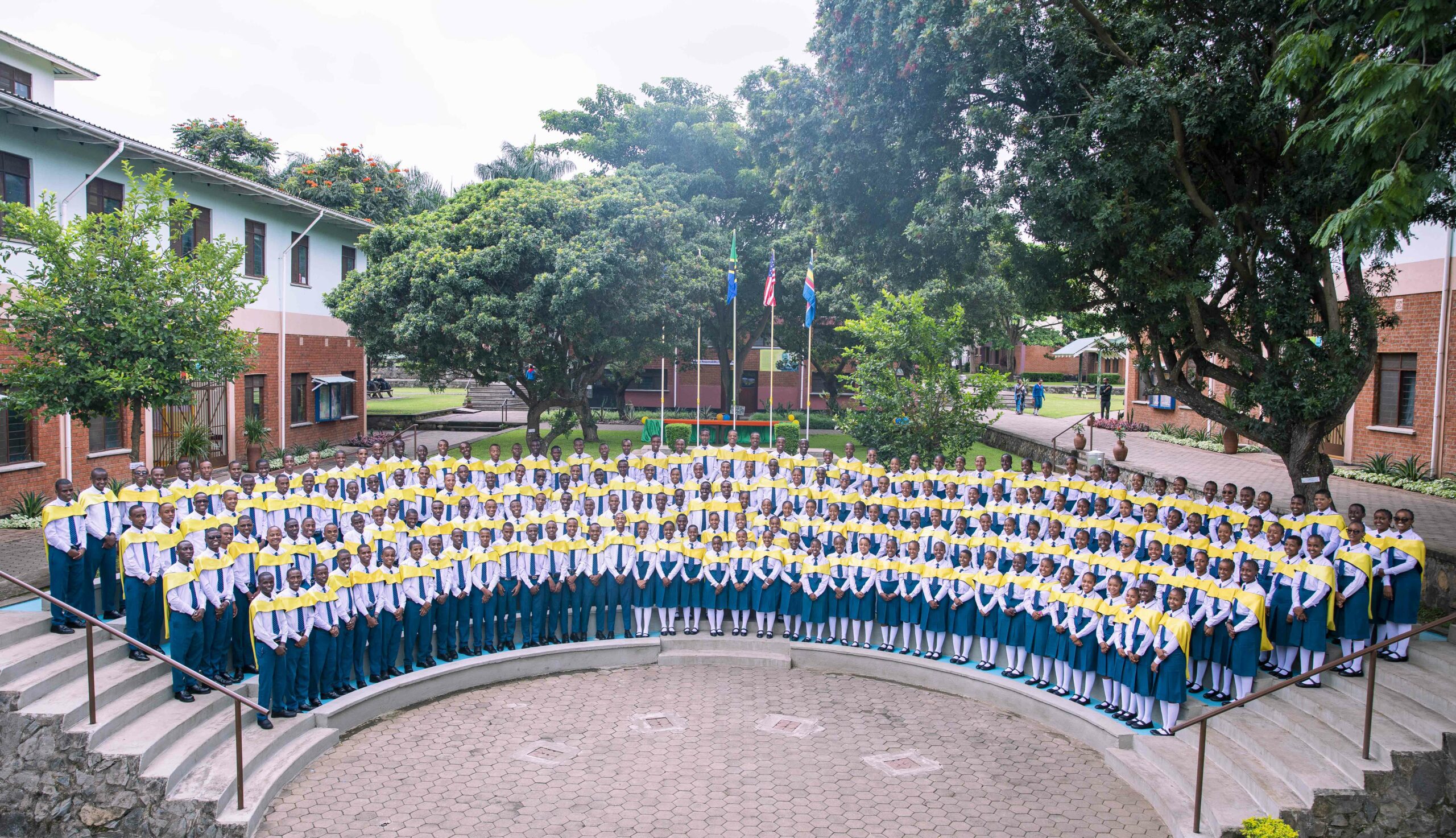
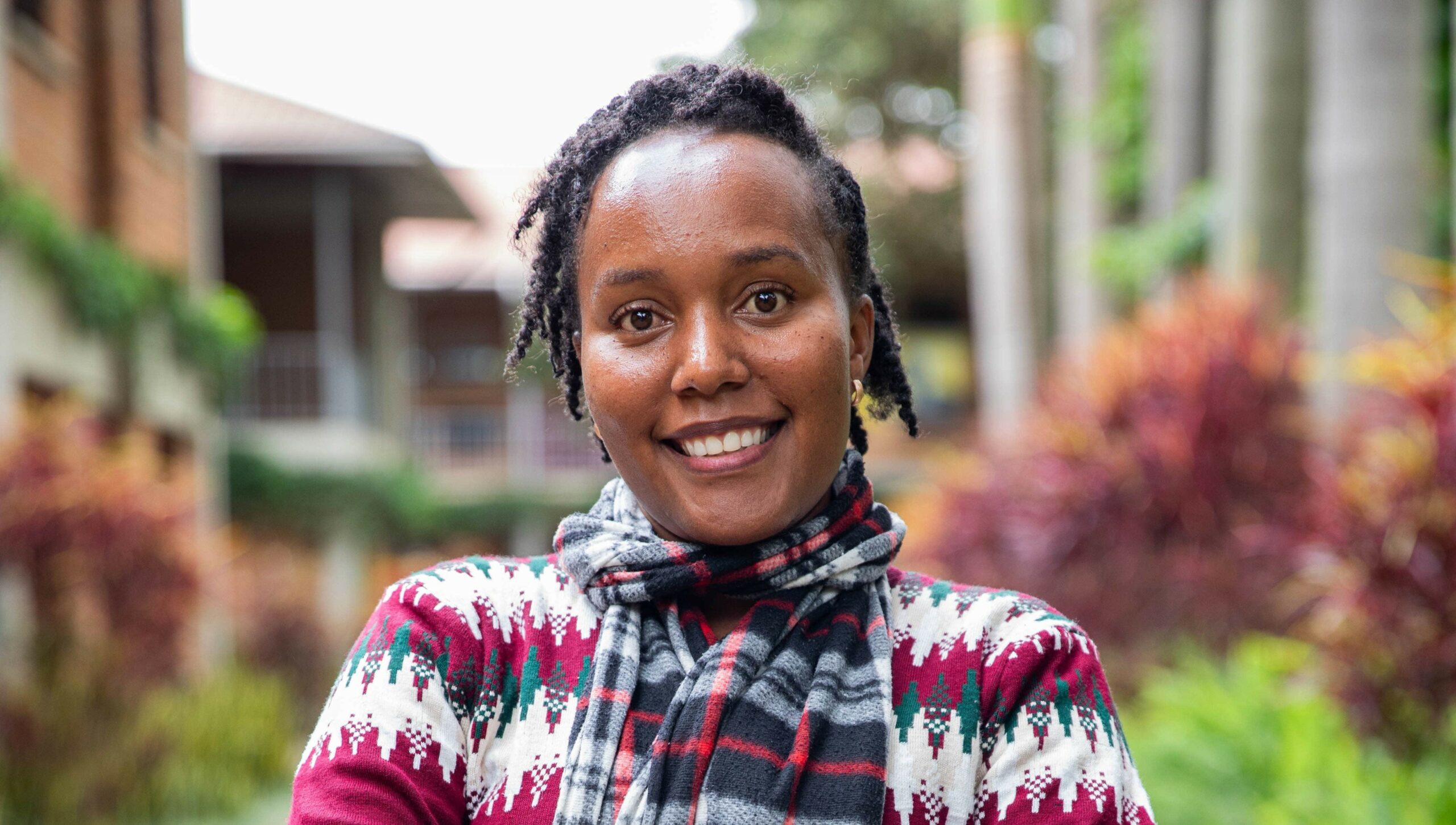
Replies